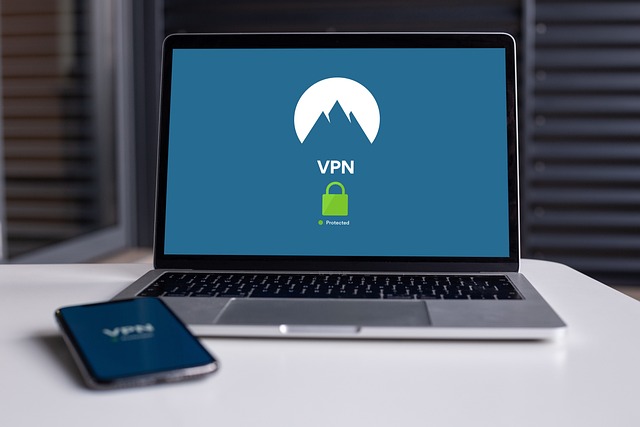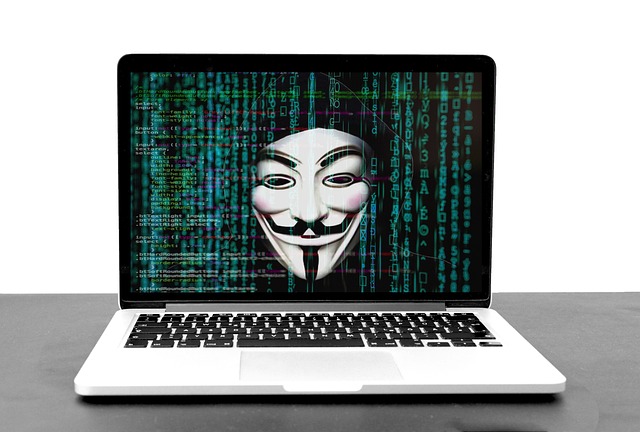Unseen Dangers: 7 Cyber Threats You Didn’t Know Were Targeting You

In a world where our lives are increasingly intertwined with technology, the digital landscape can feel like a bustling metropolis—exciting yet fraught with hidden dangers lurking around every corner. Just as you wouldn’t wander through an unfamiliar city without keeping your wits about you, navigating the cyber realm requires vigilance and awareness. While we often hear about high-profile breaches and data thefts, many insidious threats operate in the shadows, waiting for unsuspecting victims to let down their guard. In this blog post, we’ll shine a light on seven sneaky cyber threats that may have flown under your radar—but could be targeting you right now. Buckle up; it’s time to uncover these unseen dangers and arm yourself with knowledge to stay one step ahead of cybercriminals.
Public Wi-Fi That’s Not as Safe as It Looks
Grabbing a coffee and hopping on the café’s free Wi-Fi feels harmless, right? Not exactly. Public Wi-Fi networks are a goldmine for hackers. If the network isn’t secured properly, someone nearby could be “sniffing” your data—reading your emails, passwords, or even financial info while you browse. Using a VPN (virtual private network) is one of the easiest ways to protect yourself in these situations. It adds a layer of encryption, even on sketchy networks.

Outdated Software (Yes, Those Annoying Updates Matter)
We get it—those update notifications always pop up at the worst time. But hitting “remind me later” too often can leave your device wide open to threats. Outdated apps, browsers, and operating systems are favorite entry points for hackers because they know exactly how to exploit old code. Set your updates to automatic when you can. Future you will be grateful.
Weak Passwords (And Reusing Them)
If you’re still using “123456” or your dog’s name as your password, we need to talk. And if you’re using the same password for multiple sites, you’re handing hackers a master key to your digital life. Strong, unique passwords are a must—and a password manager can make your life so much easier while keeping your accounts more secure.
Fake Apps That Look Legit
There are tons of apps out there that look harmless—until you realize they’re collecting way more data than they should, or worse, planting malware on your device. Fake or rogue apps can sneak into even legitimate app stores, so it’s smart to do a little homework before downloading anything new. Check the reviews, look at the developer info, and pay attention to what permissions the app is asking for. If a flashlight app wants access to your microphone and contacts, that’s a red flag.

Phishing Scams That Don’t Look Phishy
Phishing emails and texts have come a long way since the days of “Nigerian prince” scams. These days, they can look frighteningly real. You might get an email that looks like it’s from your bank or your favorite store, asking you to click a link or reset your password. The trick? Don’t click. Always go directly to the source instead of following a link. And if something feels off, trust your gut.
Smart Devices That Aren’t So Smart About Security
Smart home devices like cameras, doorbells, or even Wi-Fi-connected coffee makers are convenient—but they can also be backdoors into your home network if they’re not secured properly. Make sure you change default passwords, keep firmware updated, and consider putting smart devices on a separate network from your main one for added protection.
Oversharing on Social Media
We love posting life updates, but oversharing online can make you an easy target. That “vacation mode” post? A signal to burglars. Birthday shoutouts? Handy clues for someone trying to guess your security questions. Keep your privacy settings tight and think twice before sharing personal details. Sometimes less really is more. Cybersecurity doesn’t have to mean living in fear or never going online again. It’s all about staying aware and taking simple steps to protect yourself. Most threats can be avoided by being just a little more cautious and proactive.
